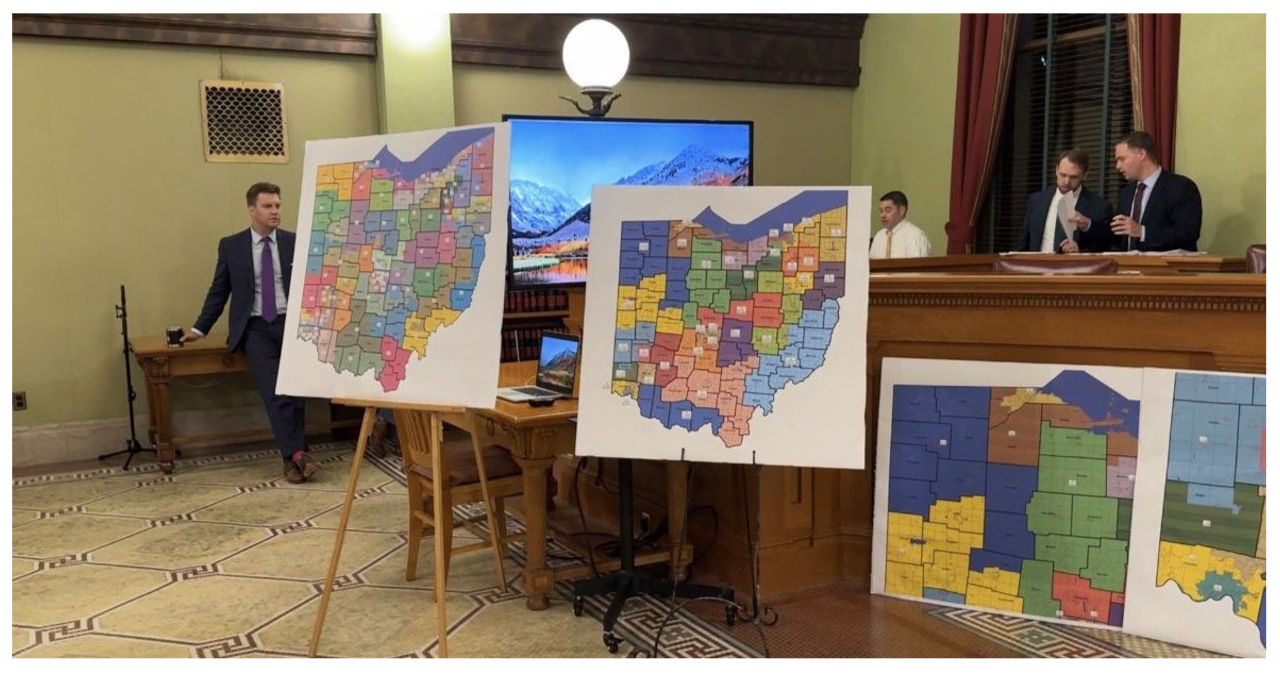Ohioans are currently gearing up for the upcoming November election and are faced with several ballot initiatives to consider. One notable citizen-led amendment that they will be reviewing is the “Raise The Wage Ohio” amendment, which aims to raise the state’s minimum wage to $15 per hour.
The group is confident that individuals facing difficulties due to inflation will find great advantages.
Ohio currently has a minimum wage of $10.45 per hour for non-tipped workers. For tipped workers, the minimum wage is $5.25 per hour in 2024. These rates are applicable to businesses that generate at least $385,000 in annual revenue. The aim of Raise The Wage Ohio is to increase the minimum wage for non-tipped workers to $15 per hour by January 1, 2026. Following that, any further wage increases would be based on inflation.
According to Mariah Ross, the executive director of One Fair Wage, 1.4 million Ohioans will experience an immediate increase in their wages. She further explains that raising the minimum wage will not only benefit those at the bottom but will also result in higher wages for everyone else.
Ross is spearheading the statewide campaign to boost Ohio’s minimum wage, recognizing the potential it holds in aiding individuals grappling with the challenges of today’s economy. Having been raised amidst individuals who were constantly living from paycheck to paycheck, Ross is well aware of the immense effort exerted in every job. She empathizes with the fact that most people have to meticulously budget and grapple with the burden of rent and grocery expenses. According to her, this perpetual cycle of labor and financial strain inevitably leads to a never-ending cycle of debt.
In 2006, Ohio implemented a constitutional amendment that mandated an annual increase in the minimum wage to keep up with inflation. As a result, the minimum wage in Ohio for the year 2024 has been raised by an additional 35 cents per hour. Tipped workers, on the other hand, have seen a 20-cent increase in their hourly wages.
The ballot initiative would eliminate the option for employers to pay workers with disabilities a sub-minimum wage, which is typically determined through a Special Wage Certificate. Additionally, the initiative would impact workers under the age of 16, who currently have a minimum wage of $7.25.
The proposal also suggests that employers should gradually raise the minimum wage for tipped workers.
According to John Barker, the president and CEO of the Ohio Restaurant and Hospitality Alliance, this ballot initiative has the potential to impact the tips received by employees in a negative way. He pointed out that a similar measure was passed in Washington D.C. and California has a comparable law in place.
According to Barker, when customers see a service charge added to their bill, they tend to skip giving a tip. This can have a significant impact on the income of servers and bartenders, as it alters the entire equation for them. The service charge, which can range from 20 to 25 percent, is now being perceived as a substitute for tipping by consumers.
Barker expressed concerns about the impact of raising the minimum wage on Ohio’s restaurant industry, stating that restaurants are already grappling with inflation.
According to Barker, if wages are increased, it will result in an increase in prices as well.
Supporters and opponents of the ballot initiative in Ohio are both vying for public support. Those in favor of raising the state’s minimum wage are working towards gathering over 400,000 valid signatures by July. This is a crucial step in ensuring that the initiative gets a spot on November’s ballot.



